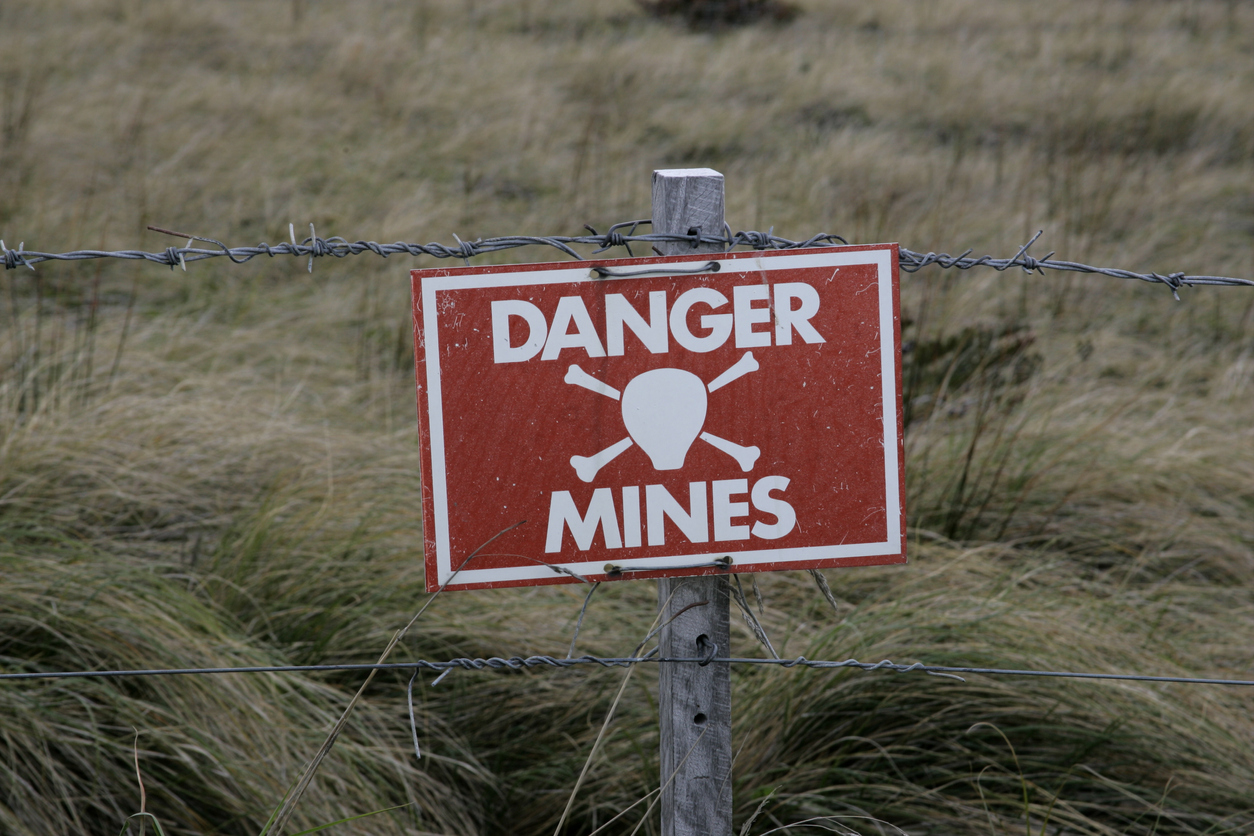Yahoo News reported this morning (here) that the Supreme Court refused to wade into the waters of the skinny label case regarding the Teva V GSK case. We have written extensively about the skinny label issue (here, here, here, here, , here, here, here here, and here. That’s a lot of discussion, but this is a big deal for the generic industry as well as for the American public. This issue will potentially upset the delicate and careful balance between the brand and generic industry that was struck by the Hatch-Waxman Amendments of 1984 and substantively delay market entry of less expensive generic product to the public.
While there is still some wrangling to be done (possibly through legislation or other legal approaches), the deck seems to be stacked against overturing the case. Since I have written so much about the case, I will not go into the background, which is explained plenty in the previous posts linked to above, but I will say this has shivers running up and down the spine of generic manufacturers. There was a big push to get the case heard by the top court in the land by Teva as well as many congressmen and senators, AAM, and even to Solicitor General of the United States, that believe the lower courts erred in their decision, but those pleas fell on deaf ears at the highest level.
Yahoo reports that “[T]he Federal Circuit affirmed after a rehearing last year that Teva’s label, combined with its marketing materials, encouraged doctors to prescribe the generic in a way that constituted patent infringement.” But remember that part of the marketing material that was found objectionable was the fact that Teva said its product was an AB rated to the innovator, meaning it was fully substitutable. But it is also important to realize that a generic product cannot be approved without an AB rating, except under certain circumstances (based on an approved ANDA suitability petition for a change in dosage form, strength, route of administration, or ingredient of the same therapeutic class when there is a known equipotent dose between the two ingredients), none of which apply in this case. The FDA included in the Orange Book the AB designation upon which Teva relied. There are other issues and material that the court considered have obviously contributed to the ultimate decision and verdict in this case.
The fear now is that companies may be much more hesitant to utilize the so called “little viii” statement and carving out an indication or information protected by patent or exclusivity for fear of the innovator bringing an inducement to infringe case against the marketer of the product with the skinny label. That fear is predicated on the for potential treble damages that a verdict of inducement to infringe can bring which, for a blockbuster product, could be a “bet the company” proposition. Thus, without using the “little viii” statement in lieu of a paragraph IV challenge patent challenge, or if the innovator product was subject to a period of market exclusivity, FDA could not approve the generic until the relevant protection period expired. It is also important to note that FDA decides the proper carve out of labeling based on what to innovator provides to the FDA in regard to its patent certification and or use codes it submits to the Agency.
The Yahoo article indicates that “GSK responded in a court brief that the case “presents no threat to generic companies who operate properly under the law.””
The generic industry must wait to see how this entire issue plays out in the courts and Congress and must carefully determine its next steps in that minefield as well as its approach to any future label carve outs using the statutory “little viii” statement.




